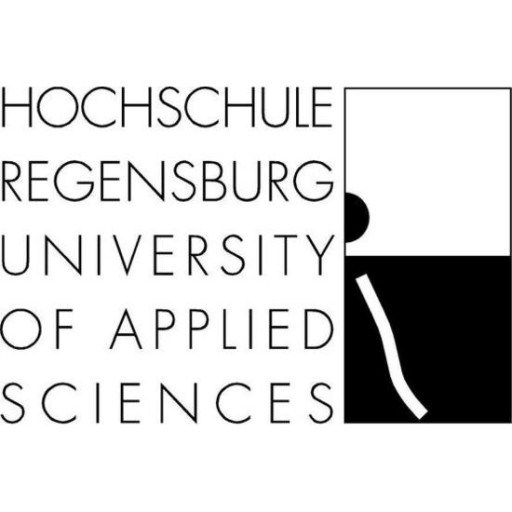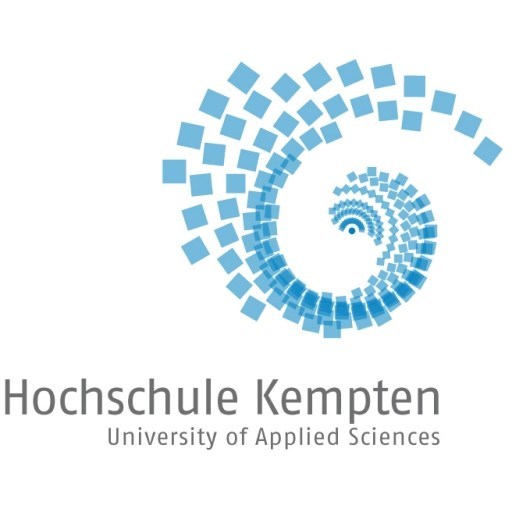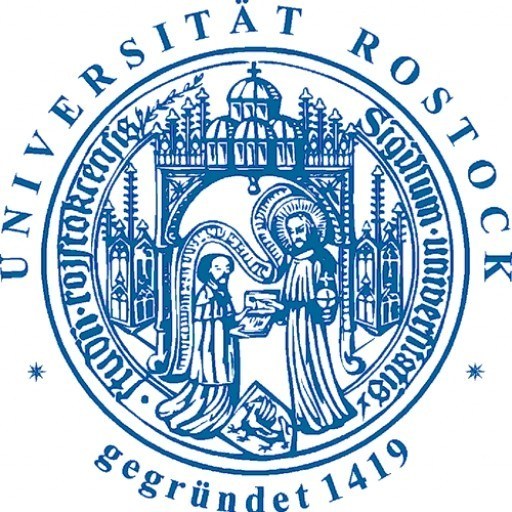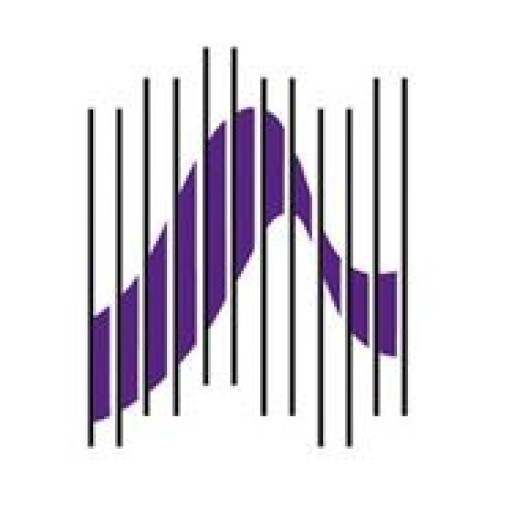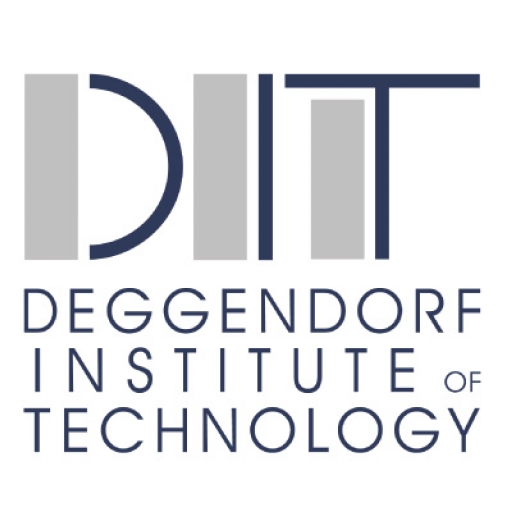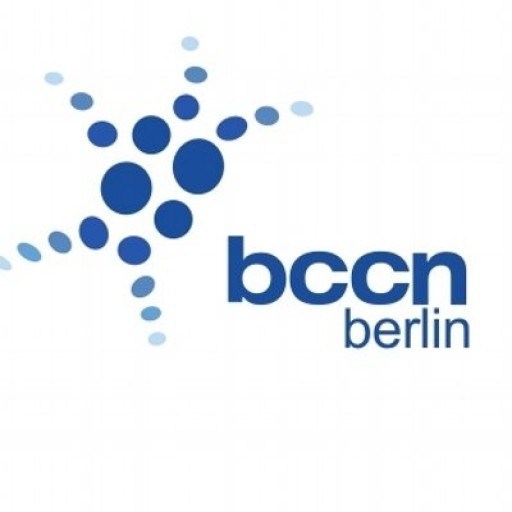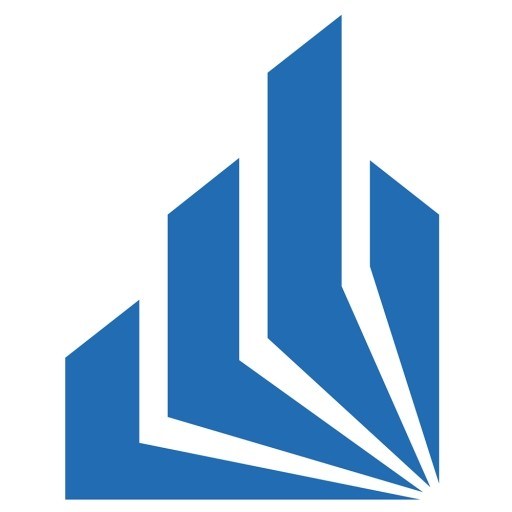Photos of university / #rwthaachenuniversity
Electrical Power Engineering at RWTH Aachen University is a comprehensive and forward-looking program designed to prepare students for the challenges of modern energy systems and the evolving electrical industry. The curriculum combines fundamental engineering principles with advanced topics in power generation, transmission, distribution, and utilization, emphasizing sustainable and renewable energy sources. Students will gain a solid foundation in electrical engineering basics, such as circuit theory, electromagnetism, and control systems, before delving into specialized areas like power system analysis, renewable energy integration, smart grids, and energy storage solutions. The program encourages interdisciplinary thinking and innovation, offering hands-on laboratory work, project-based learning, and collaboration with industry partners to ensure graduates are well-equipped to contribute to the energy transition and develop intelligent electrical infrastructures. RWTH Aachen’s strong focus on research and practical application provides students with opportunities to work on cutting-edge projects, fostering skills in design, analysis, and optimization of electrical power systems. Graduates of this program will be prepared for careers in energy production companies, utility providers, engineering consultancies, and research institutions, where they can develop sustainable and efficient electrical solutions for the future. The program’s international orientation and collaboration with global industry leaders ensure that students are exposed to worldwide trends and best practices in electrical power engineering, making them valuable assets in an increasingly digitalized and environmentally conscious world.
Educational organisation
The accredited programme comprises two semesters of lectures, exercises and practical courses.The theoretical coursework is completed by an eighteen-week industrial internship. During the industrial internship, students are trained in practical engineering problems. Work experience may be substituted for the industrial internship. Most students complete the internship before starting their theses.
The programme concludes with a scientific research project, the final Master's thesis. The research institutes at RWTH Aachen University or related industrial companies define its topic. Students must complete their work within a fixed period of six months. Upon completion, the Master's thesis must be presented orally.
Internships
During an eighteen-week industrial internship, students are trained in practical engineering problems. Flexibility and open-mindedness are major qualifications of an electrical engineer.Forms of assessment
Students have to pass written and oral examinations during the programme. Some seminars have attendance requirements.Course objectives
This programme is designed to train students in modern Electrical power engineering. It offers a high level of education in close cooperation with industry. Students will gain the ability to understand and cope with the various problems of electrical power engineering by the application of scientific methods.Depending on personal preferences and course selections, students specialise in their focus areas. These include aspects such as the integration of renewable energies, power system reliability, network planning, electrical machines and drives, power generation and trading, high-voltage system components, as well as power electronics.
Students learn how to apply their knowledge of mathematics and electrical engineering to technical problems, and then solve problems in a global, social and economic context. The foundations laid in this programme allow for quick adaptation to new challenges and technological developments. Completion of this Master's degree entitles the graduate to embark on a doctorate (PhD or Dr-Ing).
Electrical power engineers work in electric power utilities, in industrial R&D, planning, construction, production, sale and distribution departments, in public authorities with supervision and control tasks, or in research centres and university institutes.
Language requirements
TOEFL iBT 80, TOEFL PBT 550, IELTS 6.0, CAE passAcademic requirements
In order to apply to the RWTH Master's programme "Electrical Power Engineering", applicants should have completed their basic studies (Bachelor of Science or Engineering or an equivalent academic degree) at an internationally recognised university and should also fulfil the following requirements:- Among the best 20% of all graduates of a year
- At least four basic courses completed in Bachelor's studies in the fields of:
- GRE is required from all non-EU applicants. The average GRE score of accepted students is 151 in the verbal section and 162 in the quantitative section. However, GRE is only one of the criteria reviewed. Good applications may be accepted with substantially lower scores.
Enrolment fees
There is a social contribution fee of approx. 225 EUR per semester which must be paid by all students. This fee includes a flat rate for public transport in all of North Rhine-Westphalia.Costs of living
The average cost of living and studying, including food, accommodation, personal and social expenses, and study-related costs, is estimated to be 700-900 EUR per month.Job opportunities
International students have very limited work opportunities while studying. Therefore, it is not possible to finance your entire studies through working alone. There are teaching and research assistant positions available at the involved institutes. These are, however, only awarded to students who have already started their academic studies in a programme. Students working as a teaching or research assistant may work a maximum of 19 hours a week, but will usually not earn enough to cover all of their living expenses. By law, a student from outside the EU is permitted to work either 120 full days or 240 half days per calendar year. We do caution students to be careful about taking on outside work commitments, as completing a Master's degree within the designated two years will be difficult if a student spends too much time away from his or her studies.Funding opportunities within the university
A limited number of scholarships from various organisations is available to help students finance their studies. Please see the following website for a list of exchange programmes, scholarships, and grants, together with their specific application requirements and conditions, and/or contact the International Office directly for advice and assistance.http://www.rwth-aachen.de/scholarships
Arrival support
International Office of RWTH Aachen UniversityServices and support for international students
International Office of RWTH Aachen University and Institute of Power Systems and Power Economics (IAEW)Accommodation
RWTH Aachen University has a limited number of dorm rooms and studio apartments. However, there are usually waiting lists for these rooms, and students will probably need to find private accommodation first. There are a number of options for finding private accommodation in and around Aachen, and the International Office can provide students with information beforehand or upon arrival.For a furnished room the average rent per month is about 200-250 EUR and for a two- to three-room flat the average rent per month starts at 300 EUR. Please note that there are only a very limited number of family apartments in the university dorms, which is why students who bring their spouses or families with them will most likely need to find private accommodation.
For short-term accommodation, there are many hotels and a youth hostel.


